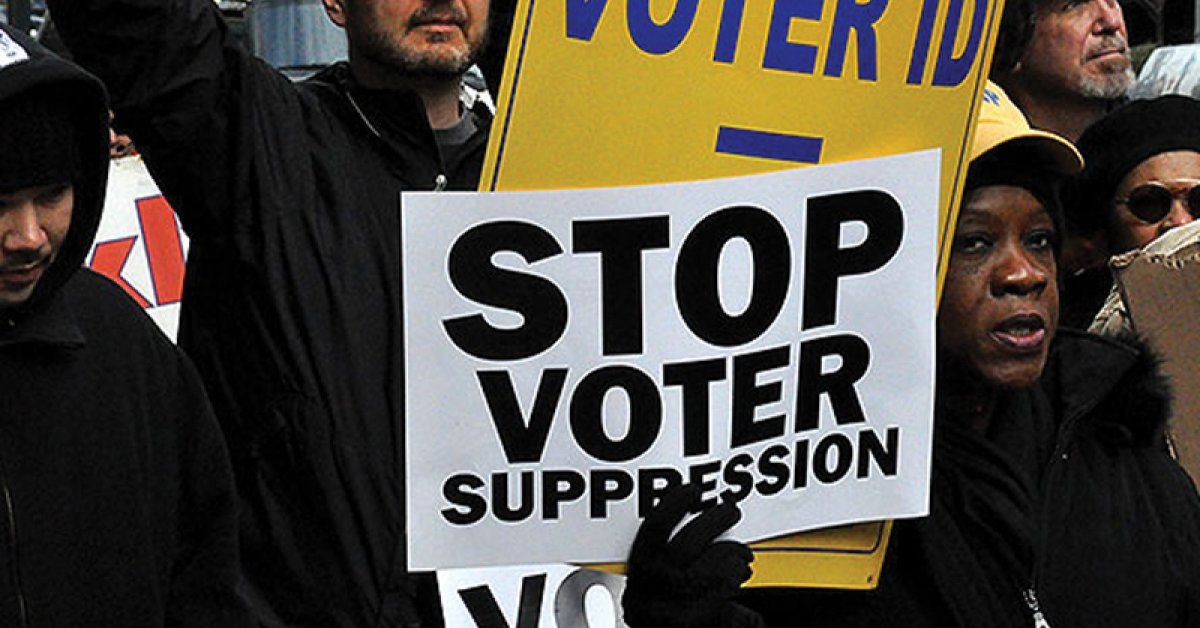The Freedom to Vote Act would have created critical nationwide standards in efforts to eliminate voter suppression and solidify comprehensive voter protections. These provisions would include standards for early voting, voting restoration, voter identification, and voter registration.
The John Lewis Voting Rights Advancement Act would have made illegal any voting rules that discriminate on the basis of race, language, or ethnicity and empower voters to challenge discriminatory laws.
Early Voting: The Freedom to Vote Act would have required at least two weeks of consecutive early voting, including two full weekends, beginning at least 15 days before Election Day and continuing through at least the second day before the election.
Mail Voting: The Freedom to Vote Act would have required that states allow all eligible voters to vote by mail. It also prohibits states from requiring identification documentation or information, witness signatures, or notarization in order to request or cast an absentee ballot. For states that verify voters’ signatures on mail ballots, the bill created procedures for signature verification.
Notice & Cure Process for Mail Ballots: The Freedom to Vote Act would have required that states notify voters of issues with their mail ballot envelopes and give them a chance to fix the problem.
Voting Restoration: The Freedom to Vote Act would allow people with past felony convictions to vote after they have been released from prison.
Voter ID for In-Person Voters: The Freedom to Vote Act would leave it to each state to decide whether to require voter ID or not, but it would have also set guidelines for those states that do choose to require voter ID. The bill would require that states with voter ID requirements: (1) accept a wide range of documents, including non-photo documents such as utility bills; (2) count ballots cast by voters without ID if a witness attests to the voter’s identity; and (3) count provisional ballots cast by voters without ID if the voter attests to their own identity, and their signature matches one on file.
Online Voter Registration: The Freedom to Vote Act would have required that states provide eligible voters with the ability to newly register or update their registration information online.
Same Day Voter Registration: The Freedom to Vote Act would have required states to offer same day registration both on Election Day and during the early voting period.
Automatic Voter Registration: The Freedom to Vote Act would have required that states offer automatic voter registration (AVR) at the DMV.

